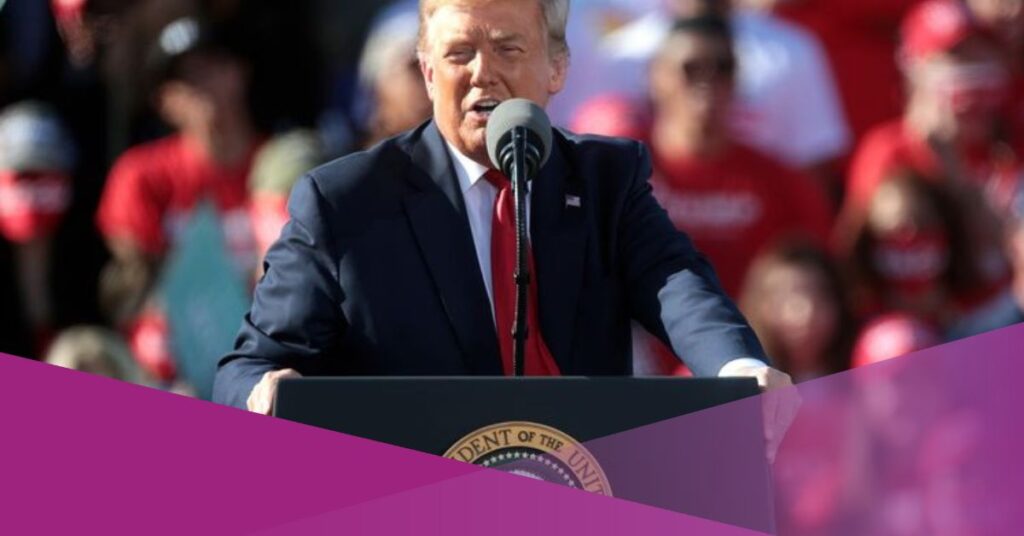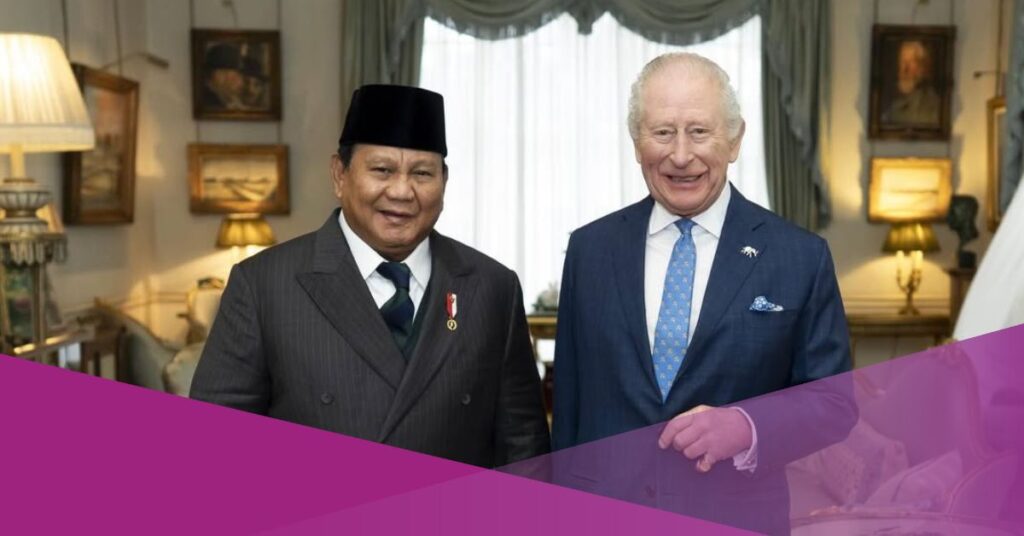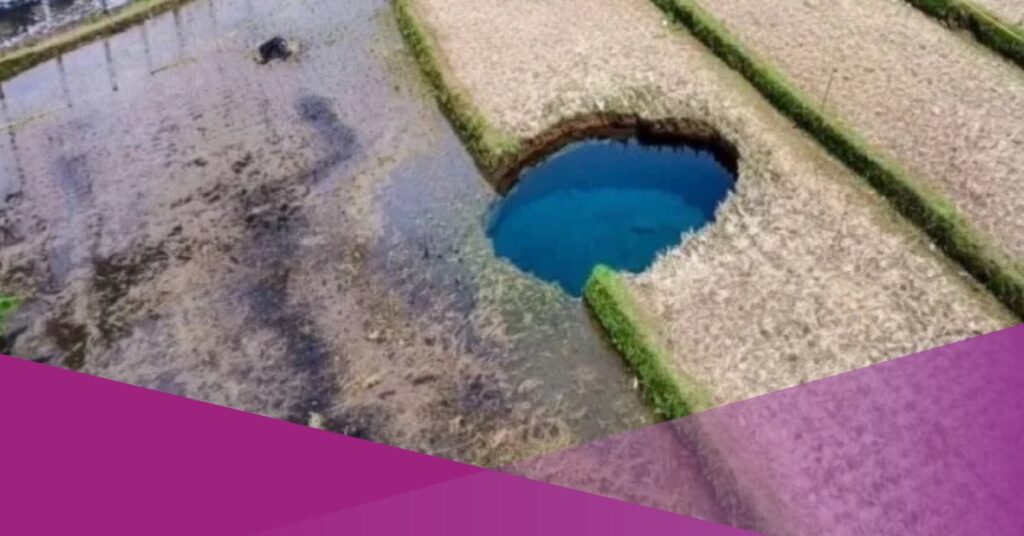United States President Donald Trump has confirmed the imposition of a 32% import tariff on all Indonesian products entering the US market, with the new rate coming into effect on 1 August 2025.
The announcement was made through a series of posts on his social media platform, Truth Social, on Monday, 7 July (US time), and subsequently reported by CNBC on Tuesday, 8 July.
Indonesia is among 14 countries named in the new round of trade tariff measures issued by the White House. Other countries affected include Japan, South Korea, Malaysia, Kazakhstan, South Africa, Laos, Myanmar, Bosnia and Herzegovina, Tunisia, Bangladesh, Serbia, Cambodia and Thailand.
According to the official letter addressed to Indonesian President Prabowo Subianto, President Trump stated:
“Starting August 1, 2025, we will impose Tariffs on Indonesia of only 32% on all Indonesian products shipped to the United States, separate from other Sectoral Tariffs.”
He added that the tariff was part of a broader effort to correct what he described as a persistent and long-standing trade deficit between the two nations.
“Please understand that this 32% figure is far less than what is needed to eliminate the disparity in the Trade Deficit with your Country,” Trump wrote.
While the tariff rate for Indonesia remains unchanged from the figure initially announced in April 2025, negotiations between the two countries are ongoing.
Trump emphasised that the trade relationship with Indonesia lacked balance and reciprocity, writing:
“Our trade relationship has been far from reciprocal.”
Tariff Threats and Conditional Exemptions Issued by the Trump Administration
Lihat postingan ini di Instagram
Sebuah kiriman dibagikan oleh Bloomberg Business (@bloombergbusiness)
Although the United States has chosen to maintain the 32 per cent tariff on Indonesian goods, Trump made it clear that any retaliatory action by Indonesia would prompt further tariffs.
“If Indonesia retaliates by increasing tariffs, we will raise ours by that amount plus the 32% tariff that we set,” he warned.
However, President Trump also indicated a willingness to remove tariffs entirely if Indonesia were to shift its production facilities to the United States.
“If you manufacture in the United States, we will impose no tariffs. Your request will be processed and approved within weeks,” he stated.
The letter also made reference to the possibility of future tariff revisions, contingent on Indonesia’s willingness to adjust its trade policies and open its domestic market more widely to US businesses.
The tariff measures are not limited to Indonesia. For example, Japan, South Korea, Malaysia, Kazakhstan and Tunisia are subject to a 25% tariff.
South Africa and Bosnia and Herzegovina face a 30% tariff. Meanwhile, Thailand and Cambodia received reductions from previously imposed tariffs, while Malaysia’s rate increased marginally from 24% to 25%.
In an effort to demonstrate transparency, Trump made public the letters sent to each affected head of state. In his statement, he reiterated his long-standing belief that the US has been placed at a disadvantage in global trade agreements.
“We’ve been losing money on trade relationships like these for years,” he claimed.
The implications of this policy decision are still being assessed by Indonesian officials. Meanwhile, business sectors reliant on exports to the United States are expected to re-evaluate their strategies ahead of the 1 August implementation date.
Cover: WIKIMEDIA COMMONS/GAGE SKIDMORE































